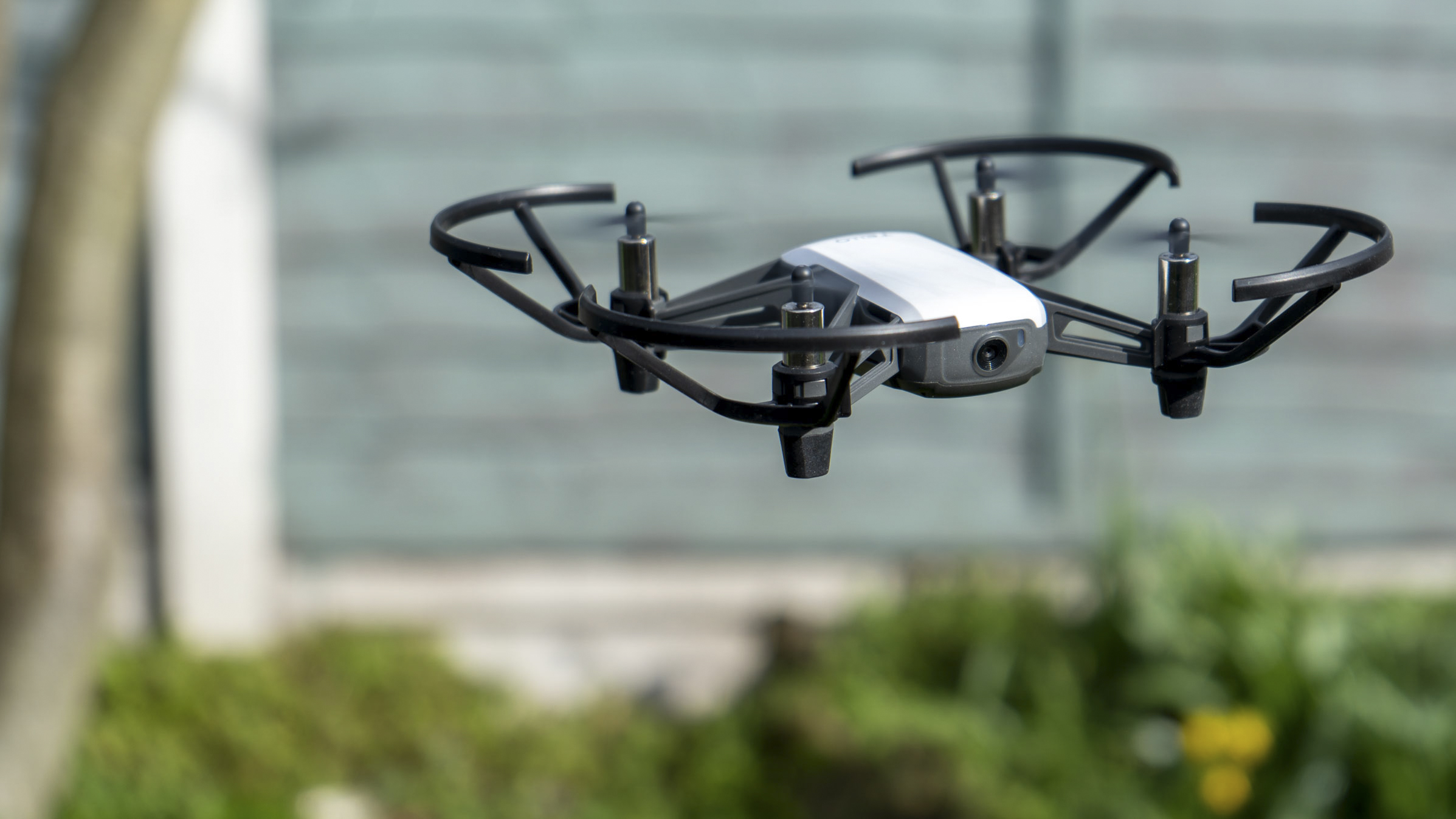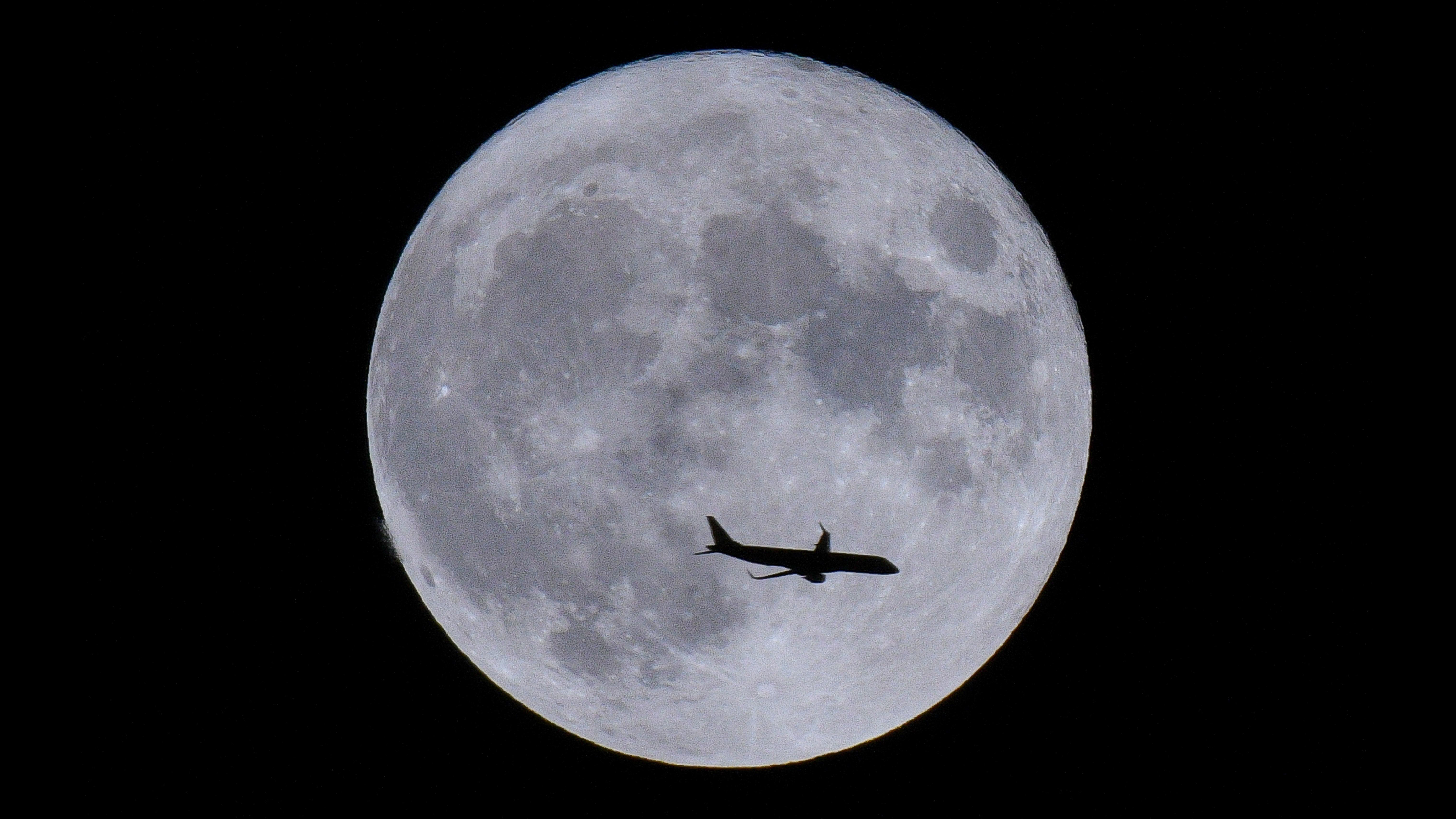DJI Tello drones are set to disappear as drone giant ditches education
DJI's educational programmable robots – the Ryze Tello drone and the RoboMaster – are disappearing in the USA and China

Perhaps the figurehead of DJI's efforts in the education space, the Ryze Tello drone – first announced in 2018 – seems certain to disappear as DJI has told specialist site DroneDJ it is to close its STEM (Science Technology Education And Maths) division in the USA.
DJI had already ceased all sales of the Tello drone and other educational offerings – the programmable RoboMaster robots – in China. We asked, and DJI told us: "Currently, DJI’s education line is still available in the overseas market, and we will continue to provide technical and after-sales support to the customers. DJI’s education line aims to provide new and impactful tools and hardware for teachers and students to inspire the next generation of tech innovators. For more information, please follow our official website’s updates in your region."
If true, the DJI Education division didn't have an especially long life, having only been officially created in 2020, though it harks back to the heady days of the first robotics university summer camp as far back as 2013 and the first branded RoboMaster competition in 2015. These competitions were passion projects for students (and a recruiting ground for DJI), and by the 2019 year – the last before the pandemic – the prize pool had reached 3,750,000 RMB ($600,000 / £475,000).
The Tello and official RoboMaster products were sold with education in mind and, as well as the standard version, DJI created an edition with a ToF (Time of Flight) sensor, the Tello RoboMaster TT, making it safer to use in the classroom. Students were encouraged to use Scratch, Swift, and Python to program the drones and DJI even made swarm software available. The drones also carry an 8x8 LED display.

While probably not decisive, I can't help but speculate that – when deciding whether to maintain a division like this – DJI might have been dissuaded from developing a new generation by multiple factors. There is undoubtedly a more hostile international environment to Chinese companies, especially DJI, and schools will face the same problems as police looking to buy DJI now thanks to anti-DJI law. This, in turn, might make cooperation with other brands harder.
More positively, the relative maturity of the drone world means there is less need for the company to 'interfere' with formal training/education out there. Admittedly drones with safety features like the DJI Mini 4 are more expensive, but there are other options.
In the meantime the Tello is still one of our favorite beginners drones, and best drones for kids, and will probably be discounted in some places!
Get the Digital Camera World Newsletter
The best camera deals, reviews, product advice, and unmissable photography news, direct to your inbox!

With over 20 years of expertise as a tech journalist, Adam brings a wealth of knowledge across a vast number of product categories, including timelapse cameras, home security cameras, NVR cameras, photography books, webcams, 3D printers and 3D scanners, borescopes, radar detectors… and, above all, drones.
Adam is our resident expert on all aspects of camera drones and drone photography, from buying guides on the best choices for aerial photographers of all ability levels to the latest rules and regulations on piloting drones.
He is the author of a number of books including The Complete Guide to Drones, The Smart Smart Home Handbook, 101 Tips for DSLR Video and The Drone Pilot's Handbook.
